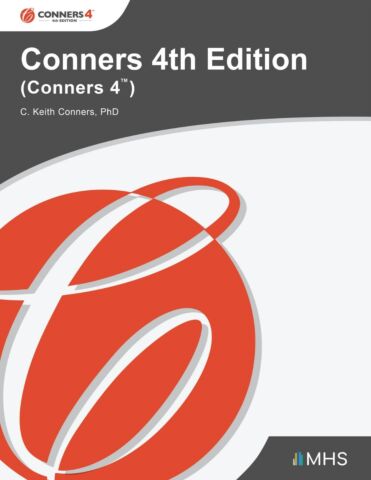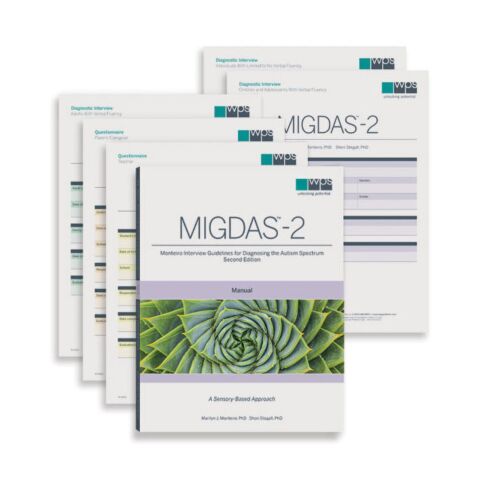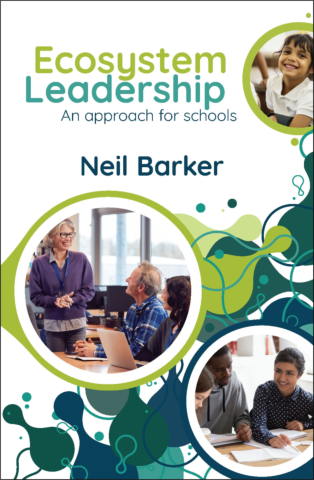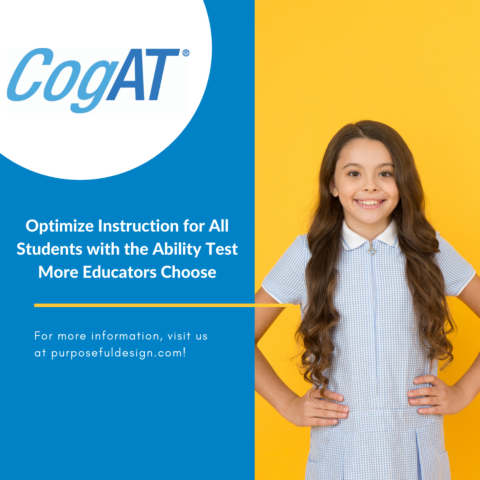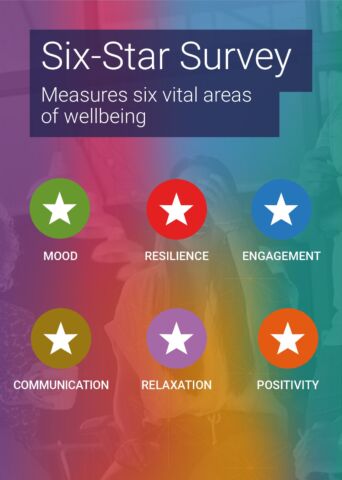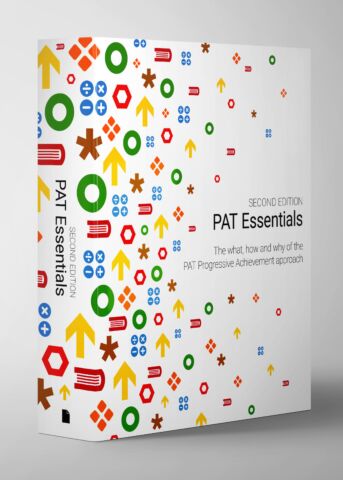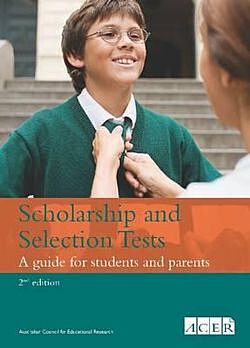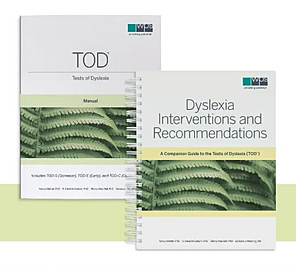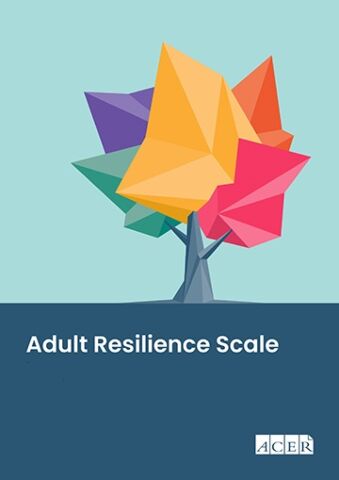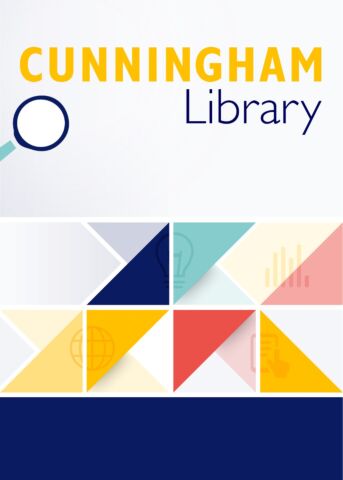Psycho-educational assessments are conducted by psychologists with experience and post-graduate training in assessments and diagnoses. ACER offers a range of assessments to help identify children’s strengths and areas of development. This information gives educators the knowledge to identify educational needs and establish individual learning goals.
Cognitive assessments help to determine a student’s learning capability by identifying cognitive strengths and weaknesses. A cognitive assessment helps to determine a child’s strengths and weaknesses in several cognitive skill areas including verbal comprehension, visuospatial skills, fluid reasoning, working memory and processing speed. This information can assist with the development of individualised support strategies and learning plans. The most common diagnostic tool used for a cognitive assessment is the Wechsler Intelligence Scale for Children (WISC-V).
ACER provides assessment services to support the identification of students with disabilities in the category of intellectual disability (ID). ACER Psychology Assessment Services manages the assessment service with the school and registered psychologists. Schools that have transitioned to Disability Inclusion can refer students to the ACER Psychology Assessment Service to determine if a student has an intellectual disability with high functional needs.
ACER Psychology Assessment Services provides cognitive assessments to assist schools in providing educational support for students with an intellectual disability. Cognitive assessments can support the enrolment process for specialist schools that have transitioned to Disability Inclusion.
ACER Psychology Assessment Services will work closely with the school and families to provide an assessment service for students who may be eligible for an ID diagnosis. A cognitive assessment provides useful information for schools to better support and understand student’s learning needs and inform a Disability Inclusion Profile.
For applications under the ID category, a full assessment includes a cognitive assessment, a functional assessment (Vineland or ABAS-3) and a detailed case history.
If you have identified a child or adolescent who needs additional support with their learning, the ACER Psychology Services school referral program helps families in your school community access the right support quickly and easily for their child. To make a referral, please complete the referral intake form.
- The school and the nominated school contact is responsible for providing relevant documentation showing evidence of a student’s eligibility and educational needs. The aim is to provide a profile of a student’s specific strengths and educational needs.
- The school must obtain informed consent from the student’s parent/carer prior to initiating a referral to ACER Psychology Assessment Services. ACER will allocate the request and work with the school to gather all relevant information and arrange a time for the assessment to be conducted.
- The consent form must be signed by the parent/carer. It is the responsibility of the school to complete the referral pack and return to ACER Psychology Assessment Services.
Testing Environment
A quiet, distraction-free environment is crucial for accurate assessment. The child should be in a room where they feel comfortable and can focus on the tasks without interruptions.
Role of School Contact
- Observation: Stay nearby to assist with any technical issues but avoid giving any hints or help during the test.
- Communication: Inform the psychologist of any issues that arise during the test.
During the Test
- The school psychologist will administer the test in real-time, observing and interacting with the child via a video conferencing platform.
- They will guide the child through various subtests designed to measure different cognitive abilities such as verbal comprehension, working memory, processing speed, and more.
- The session may be divided into multiple sittings to avoid fatigue.
Post-Test
- The psychologist will analyse the results and prepare a report.
- A follow-up meeting will be scheduled to discuss the findings with parents.
- Recommendations may be provided based on the child's performance, which can include educational strategies, interventions, or further assessments if needed.
The assessment will only occur after ACER Psychology Assessment Services receives the completed referral information (including signed consent form) from the school.
ACER Psychology Assessment Services conducts formal testing using standardised testing materials as specified in the relevant Program for Students with Disabilities Professional Guidelines. The assessment is carried out sing an online tele-assessment portal at the student's school.
ACER Psychology Assessment Services will provide a comprehensive written report to the school and parent/guardian/carer following the completion of the assessment process. The report will outline the results of the tests undertaken and provide educational recommendations for the student. The parent/guardian/carer(s) have the option to book a phone feedback appointment.
Once the report has been provided to the school and parent/guardian/carer(s), ACER Psychology Assessment Services ceases.
The school, support staff, parent/guardian/carer(s) may contact ACER Psychology Assessment Services for additional information or with any additional questions at this stage as required.
ACER Psychology Assessment Services will work closely with the school and families to provide an assessment service for students who may be eligible for an ID diagnosis. A cognitive assessment provides useful information for schools to better support and understand student’s learning needs and inform a Disability Inclusion Profile.
The WISC-V (Wechsler Intelligence Scale for Children, Fifth Edition) is a widely used assessment tool for measuring the intellectual abilities of children. Administering the WISC-V remotely in schools involves several considerations to ensure the validity and reliability of the test results.
Below is important information for parents regarding the remote administration of the WISC-V by school psychologists:
What is the WISC-V?
- The WISC-V is an individually administered intelligence test for children aged 6-16.
- It measures various cognitive abilities through a series of subtests.
- The test provides insights into a child’s intellectual strengths and weaknesses, which can help in educational planning and identifying any special needs.
Testing Environment
A quiet, distraction-free environment is crucial for accurate assessment. The child should be in a room where they feel comfortable and can focus on the tasks without interruptions.
Preparation
- Explain the process to your child to reduce anxiety.
- Ensure the child has a good night’s sleep and a nutritious meal before the test.
- Have necessary materials ready, such as pencils and paper, as instructed by the psychologist.
Role of Parent(s)
- Support: Provide emotional support and encouragement to your child.
- Communication: Inform the psychologist of any issues that arise during the test.
During the Test
- The school psychologist will administer the test in real-time, observing and interacting with the child via a video conferencing platform.
- They will guide the child through various subtests designed to measure different cognitive abilities such as verbal comprehension, working memory, processing speed, and more.
- The session may be divided into multiple sittings to avoid fatigue.
Post-Test
- The psychologist will analyse the results and prepare a report.
- A follow-up meeting will be scheduled to discuss the findings with parents.
- Recommendations may be provided based on the child's performance, which can include educational strategies, interventions, or further assessments if needed.
All testing sessions will be conducted using secure platforms to protect the child's privacy. Test results and personal information will be kept confidential and shared only with authorized personnel and parents.
Remote administration of the WISC-V is a practical alternative to in-person testing, provided that the necessary preparations and precautions are taken. By working closely with the school psychologist, parents can help ensure a smooth and effective assessment process for their child.
If you have any questions or concerns about the remote administration of the WISC-V, please do not hesitate to contact the school psychologist for further information and guidance.
Schools, general practitioners and paediatricians often refer children and adolescents to ACER Psychology Assessment Services for assessments to help identify individual learning needs. If you’re working with a child who may need further assessment, submit our referral form and our friendly team will be in touch to discuss the best option for you. We work in partnership with schools to provide additional services and support for children and adolescents who face difficulties with learning and development.
Please note, parent/guardian/carer consent is required to submit a referral.
ACER Psychology Assessment Service accepts referrals for students with sufficient evidence to support the likelihood of eligibility under the categories of ID.
ACER Psychology Assessment Service will accept referrals for students undergoing a Disability Inclusion Profile, if provided evidence suggests they are likely to have an intellectual disability or severe language disorder with critical educational needs/high functional needs.
If a student referral does not contain sufficient evidence to support the likelihood of the student meeting required criteria, ACER Psychology Assessment Service will inform the school why a referral was not accepted and provide feedback for additional measures the school may take.
A referral can be made by the via the referral forms. A referral pack will be provided to the school that includes a teacher and parent referral form, and a parent/guardian/carer consent form (TBC)
The assessment will only occur after ACER Psychology Assessment Services receives the completed referral information (including signed consent form) from the school.
What is intelligence (IQ) testing?
Intelligence testing is a method used by psychologists to measure a child's intellectual capabilities in several specific domains. An intelligence test measures a child’s ability level and provide objective documentation of their learning capacity. These domains include verbal comprehension, factual knowledge, abstract reasoning, visual-spatial abilities, and short-term memory. The results rank a child against a very large sample of children the same age. The Wechsler tests for children are the most common individually administered intelligence test. The testing session a child is asked to solve problems and puzzles and to answer questions about the world. Most children enjoy the testing session as it is an engaging process involving novel and fun tasks.
Testing Process
The first step in the evaluation process occurs when a teacher identified a student that might benefit from additional information on cognitive and abilities and learning potential. This could be a student that is having difficulty learning new concepts or a bright student that is absorbing information quickly compared to their peers. The nominated school teacher will speak to the parent/carer and determine whether a referral to ACER Psychology Assessment Services is appropriate. An information pack will be distributed to the school and parent/carer with forms to complete. A time is then set to administer the test which takes on average 60-90 minutes in duration. After the testing session is completed, a comprehensive written report is sent to the school and parent/carer outlining findings and recommendations based on the assessment.
What are the age ranges for IQ testing?
Children ages 6 years through to 16 years 11 months are appropriate for IQ testing.
How long does it take to do IQ testing?
Depending on the child's age and abilities, testing can take 60-90 minutes in duration
Tests Used
For children over 6 years: The Wechsler Intelligence Scale for Children, Fifth Edition (WISC-V) is an individually administered instrument for assessing the cognitive ability of children (age range: 6 years - 16 years, 11 months). The WISC-V is one of the most reliable and valid IQ testing instruments available. The WISC-V provides scores that represent intellectual functioning in five specified cognitive domains: Verbal Comprehension, Visual Spatial Reasoning, Fluid Reasoning, Working Memory, and Processing Speed. The WISC-V also provides a Full-Scale IQ score measuring general intellectual ability. Our Service currently uses the recently updated Wechsler Intelligence Scale for Children - Fifth Edition, - Australian Standardisation (WISC-V Australian), released in 2016.
The Report
The report is written by an experienced registered psychologist. It provides information on a student’s strengths and weaknesses across vie key cognitive abilities, measured by the WISC-V. The report provides feedback in terms of test scores, interpretation, and recommendations. Specific learning strategies are provided if relevant. The report is sent to parents within 14 days of the testing session.
The referral process and costs for tele-assessment assessments are the same as face-to-face assessments. NDIS funds can be used for the assessment if you have sufficient funds remaining and the need for an assessment aligns with your goals.
Private health insurance that includes psychological assessment as part of your “extras” cover may cover tele-assessment psychological services. Please contact your health insurance company to find out whether you would be eligible for rebate.
Referral costs are $1089 per student (including GST).
FAQs for Parents
Q: How accurate is remote testing compared to in-person testing?
- A: When properly administered, remote testing is as accurate as in-person testing. The key is to ensure a controlled environment and the use of reliable technology.
Q: What if there are technical issues during the test?
- A: The psychologist will provide instructions on how to handle technical problems. The session may be paused and rescheduled if necessary.
Q: Can I be in the room with my child during the test?
- A: Parents can be nearby to assist with technical issues but should not be directly in the room to avoid influencing the child's responses.
FAQs for Schools
Q: What are the Remote Testing (System) Requirements
A:
- One of the following operating systems: Chrome OS, Linux, Mac OS 10.9 (or higher), Windows 10
- A reliable broadband internet connection with one of the following web browsers: Chrome, Edge, Firefox, Safari 9 or above
- Web browser encryption
- Allow cookies to be set for qglobal.pearsonclinical.com and https://coviu.com/checkout/sign_in
- Javascript enabled
